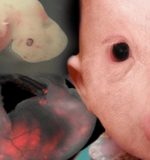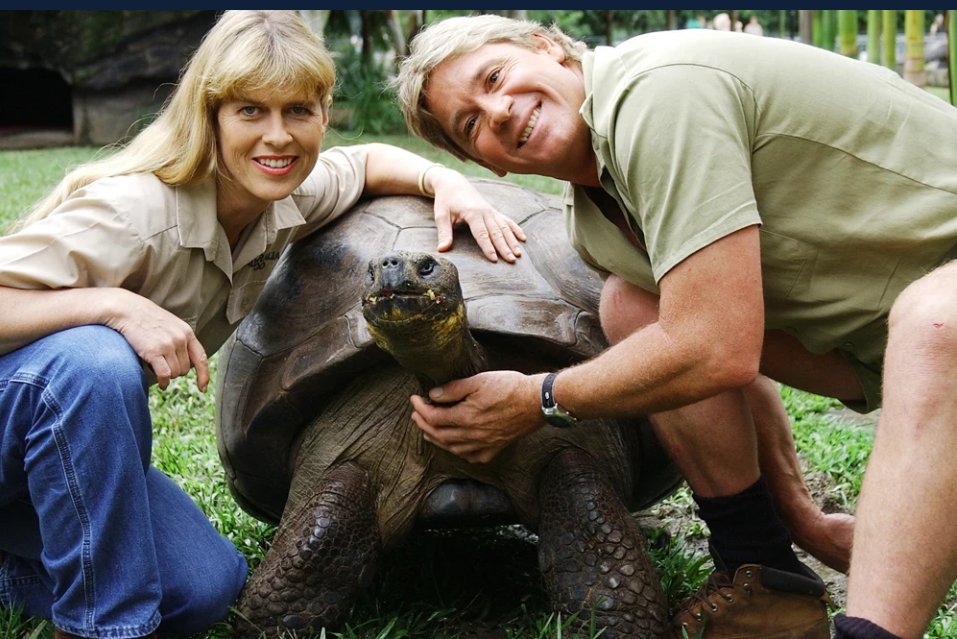Human-animal hybrids are set to be developed at the University of Tokyo after the Japanese government recently lifted a ban on the controversial stem-cell research.
Hiromitsu Nakauchi—director for Stem Cell Biology and Regenerative Medicine at the University of Tokyo and team leader at Stanford’s Nakauchi Lab—is the first to receive approval for the questionable experiments which will attempt to grow human cells in rat and mouse embryos before being brought to term in a surrogate animal.

Despite many feeling that such studies are the equivalent of playing God, scientists say that the objective is far from sinister. It’s theorized that developing animals with organs constructed from human cells will create organs that can then be used for transplants in humans, cutting the long organ donation waitlists.
“We don’t expect to create human organs immediately, but this allows us to advance our research based upon the know-how we have gained up to this point,” Nakauchi told the Asahi Shimbun newspaper.
Jiro Nudeshima, a life science specialist, expressed serious doubts about the validity of the research:
“IF THE GOAL OF SUCH STUDIES IS TO DISCOVER A THERAPEUTIC APPLICATION FOR HUMANS, EXPERIMENTS ON RATS AND MICE ARE UNLIKELY TO PRODUCE A USEFUL RESULT BECAUSE THE SIZE OF THE ORGAN WILL NOT BE SUFFICIENT AND THE RESULT WILL BE A FAR CRY FROM HUMANS ANATOMICALLY”
Scientists in Japan have been allowed to research the hybrid embryos for some time but were restricted from going past a 14-day growth period. However, in March that policy changed when Japan’s education and science ministry announced that such creations could now be brought to full term.








 Photographer Finds Locations Of 1960s Postcards To See How They Look Today, And The Difference Is Unbelievable
Photographer Finds Locations Of 1960s Postcards To See How They Look Today, And The Difference Is Unbelievable  Hij zet 3 IKEA kastjes tegen elkaar aan en maakt dit voor zijn vrouw…Wat een gaaf resultaat!!
Hij zet 3 IKEA kastjes tegen elkaar aan en maakt dit voor zijn vrouw…Wat een gaaf resultaat!!  Scientists Discover 512-Year-Old Shark, Which Would Be The Oldest Living Vertebrate On The Planet
Scientists Discover 512-Year-Old Shark, Which Would Be The Oldest Living Vertebrate On The Planet  Hus til salg er kun 22 kvadratmeter – men vent til du ser det indvendigt
Hus til salg er kun 22 kvadratmeter – men vent til du ser det indvendigt  Superknepet – så blir snuskiga ugnsformen som ny igen!
Superknepet – så blir snuskiga ugnsformen som ny igen!  Meteorite That Recently Fell in Somalia Turns Out to Contain Two Minerals Never Before Seen on Earth
Meteorite That Recently Fell in Somalia Turns Out to Contain Two Minerals Never Before Seen on Earth  Nearly Frozen Waves Captured On Camera By Nantucket Photographer
Nearly Frozen Waves Captured On Camera By Nantucket Photographer  It’s Official: Astronomers Have Discovered another Earth
It’s Official: Astronomers Have Discovered another Earth 